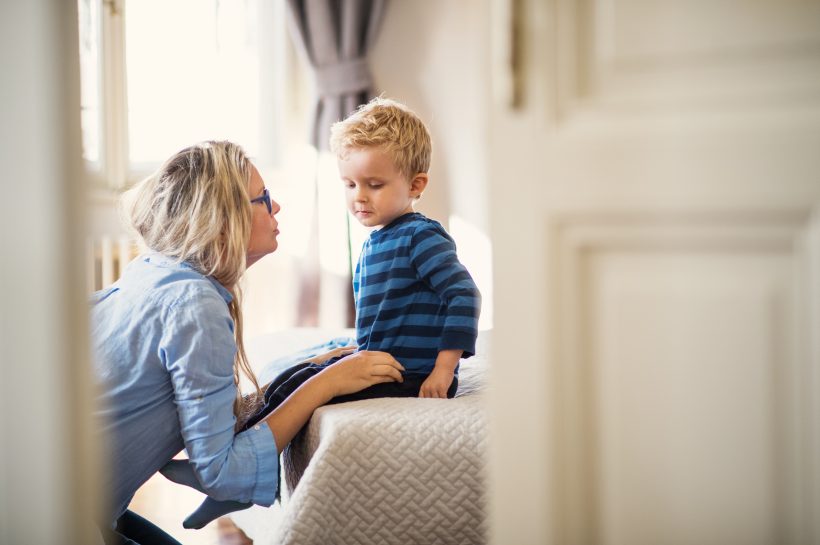×
×
Search

Divorce is hard enough on adults. The impacts of such a monumental life transition can be even more significant for children. At Goodman Law Firm LLC, we understand the struggles families with children can face during divorce. However, with intentional actions during the divorce process, you can help reduce its impact. By shielding children from conflict, providing stability, and maintaining open communication, you can prioritize their well-being during this challenging time.
Recognizing emotional or behavioral changes early on is crucial. Some common indicators include:
If you start to recognize signs of distress, taking proactive steps to shield your child from conflict and provide stability becomes all the more essential.
It may sound obvious, but it is vital to keep children away from arguments, legal conversations, or anything else that fuels tension. To do this effectively:
Keeping children as removed as possible from parental tensions can make a significant difference.
Children benefit from feeling heard and validated. Create a safe space for them to express their fears and emotions during this time by:
This openness reduces the risk of children internalizing stress or emotions and encourages healthy processing.
Routines provide a sense of stability and comfort during times of upheaval. During and after the divorce process, try to prioritize:
Predictability can help children maintain a sense of control and normalcy in their lives.
Professional counselors, therapists, and school support staff can be invaluable during this time. These experts can:
While these strategies help create a stable environment for your child, how you and your co-parent interact also plays a significant role in minimizing conflict and stress.
Your children’s well-being should always remain the top priority. Collaborate with your co-parent to ensure decisions reflect this shared goal.
Keeping communication respectful and about your child enables smoother co-parenting and reduces opportunities for arguments. Avoid heated discussions, especially in front of children, and focus on logistics such as schedules and responsibilities.
While emotions may be hard to manage at times, showing consistency and support as co-parents and saving disagreements for private conversations strengthens your child’s sense of stability.
Protecting your children during divorce is not only possible, but essential. By addressing their emotional needs, maintaining structure, and collaborating with your co-parent, you can support their well-being both during and after divorce.
If you need personalized guidance on how to protect your family during this process, Goodman Law Firm LLC is here to help. With over two decades of compassionate service dedicated to family law practice, we help guide families through difficult transitions with care. Contact us today to learn how we can help you in your journey.
We make every effort to return your email
or call the same business day or within 24 hours.
At Goodman Law Firm, we take your privacy seriously. Please leave us only a private cell phone number or private email address where you may be reached.